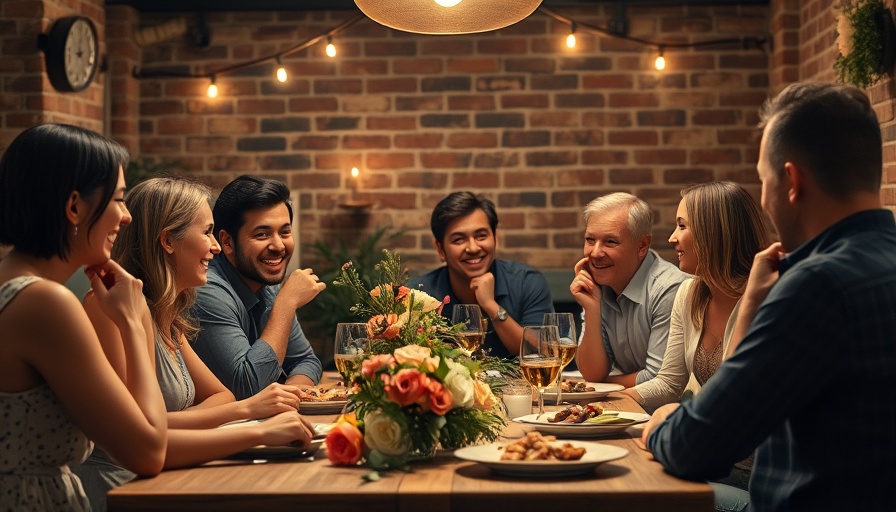
How to Navigate Friend Group Drama Gracefully
Friend groups are like a tapestry of personalities—each thread intertwined with shared stories and experiences. But what happens when that beautiful tapestry starts to fray? You find yourself standing in the middle of a storm that often feels unavoidable. Whether you're caught in the crossfire of conflicting opinions or dealing with a falling-out between pals, managing friend group drama is an essential skill for living a harmonious life.
Understanding the Nature of Friend Group Dynamics
Friend groups evolve and change constantly, reflecting the complexities of our lives. According to psychologist Dr. Melinda Howells, understanding your friends is key to navigating conflicts. While it can be tempting to choose a side, the reality is that every story has multiple perspectives. Honoring this can help foster empathy. One way to approach this is to step back, listen, and genuinely try to understand each friend's viewpoint without immediately jumping to conclusions.
Emotional Intelligence: Your Secret Weapon
Self-regulating your feelings and responding thoughtfully can mitigate explosive situations. Emotional intelligence involves being aware of your emotions and those of your friends. For example, if you recognize signs of distress in a friend, note how they feel, and respond with compassion rather than defensiveness. This can help defuse tension, making communication more open and effective. Skills like active listening and empathetic responses will pay dividends when group conflicts arise.
Creating a Safe Space for Dialogue
Often, drama stems from misunderstandings. If you feel tension rising within the group, consider organizing a gathering where everyone can share their feelings openly. This ‘safe space’ allows individuals to express themselves without fear of backlash. Set ground rules about respect and listening. This could be as simple as a circle where everyone gets to speak without interruption. Not only is this empowering, but it also enforces accountability among friends.
Finding Common Ground Amidst Differences
In any group dynamic, appreciating diversity is vital. Think of it as a potluck where everyone brings their unique flavor. Focus on the positive aspects of your friendships, recognizing what brought you all together in the first place. Highlighting shared interests can help pull the group back from the brink of division. Whether it's a love for hiking or a shared favorite show, focusing on this commonality can help everyone align once again.
Turning Negativity into Opportunity
Drama can often be a teaching moment. Instead of viewing conflict as a nuisance, challenge yourself and your friends to explore what you can learn from each situation. Ask constructive questions such as, "What can we do differently next time?" or "How can we ensure everyone feels heard?" Viewing conflict through a lens of growth can strengthen relationships and reinforce your bond.
Seeking External Guidance
If you find that friend group conflicts remain unresolved, seeking outside help can have surprising benefits. Sometimes, a neutral party, like a trusted friend not involved in the situation, can offer a fresh perspective. They may see dimensions of the conflict that you do not, and their insights can aid in pursuing resolution.
Moving Forward: Embracing Change
Ultimately, sometimes friendships evolve or even fade away. This is a natural part of life. Recognizing and accepting that you may have to let some friendships go can be liberating. It paves the way for new relationships built on mutual respect and understanding. Carry the lessons of past experiences with you, transforming any pain into personal growth.
Final Thoughts: The Spirit of Friendship
Friendship represents one of the most profound connections we can experience as humans, and navigating its challenges is part of the journey. By embracing open communication, empathy, and resilience, you give yourself and your friendships the gift of lasting understanding and deeper connections.
Remember, staying neutral might sometimes feel difficult, but your dedication to fostering respectful relationships can create a more cohesive and supportive friend group environment.
So, the next time you find yourself in friend group drama, use these strategies to turn potential conflict into a learning experience that enhances rather than detracts from your friendships.
 Add Row
Add Row  Add
Add 




 Add Row
Add Row  Add
Add 

Write A Comment